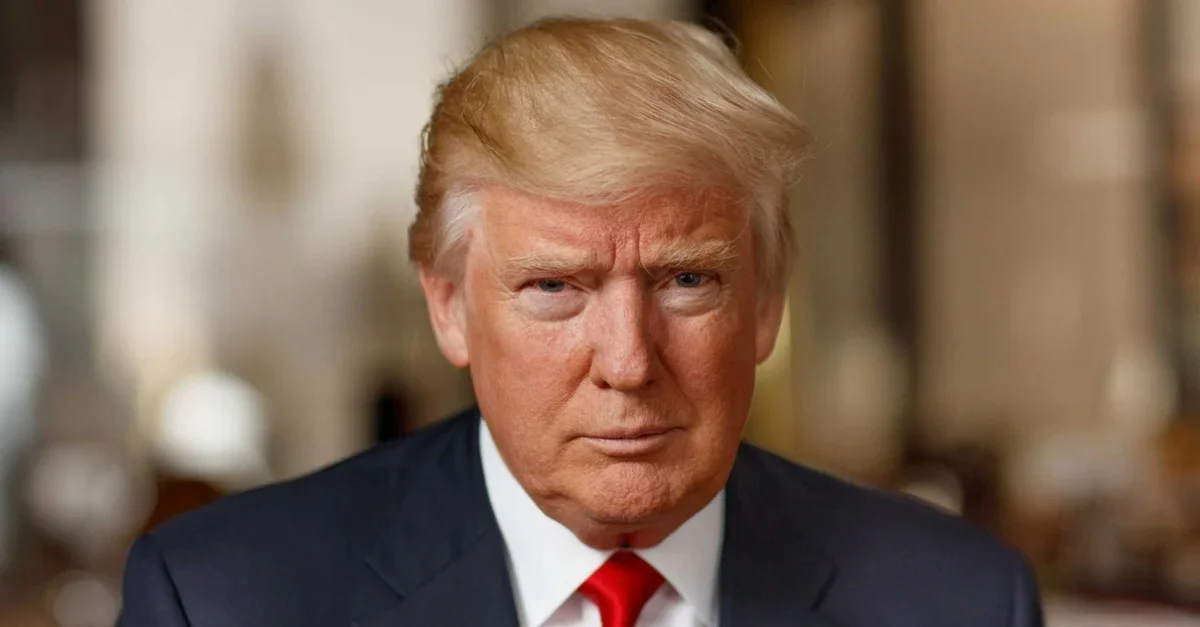The U.S. Court of International Trade struck down tariffs imposed by President Donald Trump, ruling they exceeded the limits of presidential authority and violated the Constitution’s separation of powers due to a lack of clear legal boundaries. The ruling came on May 28.
According to the Court, the tariffs on imports from China, Mexico, Canada, and 57 other countries surpassed the authority granted by the International Emergency Economic Powers Act (IEEPA). The ruling favored a coalition of small businesses and 12 U.S. states that challenged these tariffs, deeming the President’s actions unlawful.
In its decision, the Court said that IEEPA "does not delegate an unbounded tariff authority to the President." The three-judge panel emphasized that tariff powers are vested exclusively in Congress by the Constitution and warned against any interpretation of IEEPA that would grant unlimited tariff authority as unconstitutional. It concluded that the Worldwide and Retaliatory Tariffs "lack any identifiable limits" and thus fall outside IEEPA's scope, noting that declaring a national emergency does not permit rewriting tariff schedules.
Furthermore, according to the Court, IEEPA does not authorize sweeping tariffs without clear statutory limits. It found that Executive Order 14257's Worldwide and Retaliatory Tariffs were unsupported by IEEPA’s authority to "regulate importation" and lacked necessary legal constraints for valid power delegation.
The Court also invalidated trafficking-related tariffs on goods from Canada, Mexico, and China, finding they did not address an "unusual and extraordinary threat" as required by law. The ruling held that these actions unconstitutionally delegated Congress’s exclusive tariff authority. The Court asserted jurisdiction under 28 U.S.C. § 1581(i) and determined all plaintiffs had standing based on direct economic harm.
In a statement from the Liberty Justice Center, plaintiffs welcomed the ruling as a significant victory for rule of law and small businesses. Jeffrey Schwab from Liberty Justice Center said: "This ruling reaffirms that the President must act within the bounds of the law." Co-counsel Ilya Somin noted that the Court "ruled against this massive power grab," rejecting unlimited tariff authority under IEEPA. Plaintiff Victor Schwartz described it as "a win for my small business and small businesses across America," expressing readiness to pursue further legal action if necessary.
The U.S. Court of International Trade is a federal court based in New York with nationwide jurisdiction over civil actions involving trade laws. The opinion in Slip Op. 25-66 was issued per curiam by Judges Gary S. Katzmann, Timothy M. Reif, and Jane A. Restani.

